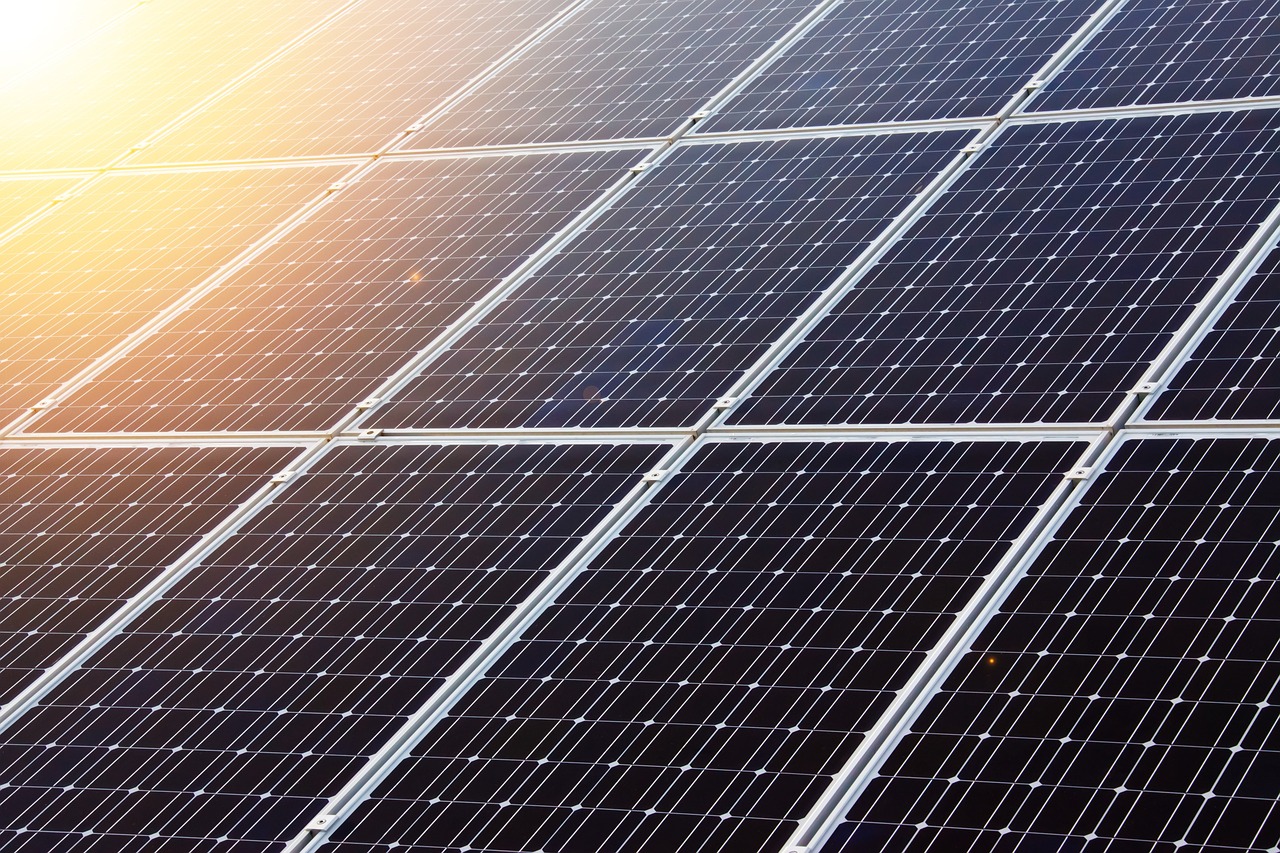Key Takeaway: While solar panels do store some heat, their overall impact on global warming is negligible compared to the environmental benefits they provide through reducing greenhouse gas emissions. Factors such as panel color, material, and design influence heat storage capability, and there are potential solutions and mitigation strategies available to minimize any negative effects.
Before we dive into the potential drawbacks of solar panels, let’s first understand their primary function and the environmental benefits they offer. Solar panels, also known as photovoltaic (PV) panels, are made up of multiple solar cells that convert sunlight into electricity. When sunlight hits the panels, the solar cells generate an electric current through a process called the photovoltaic effect. This electricity can be used to power homes, businesses, and even entire communities.
One of the key advantages of solar panels is their ability to reduce greenhouse gas emissions. Unlike traditional electricity generation methods that rely on burning fossil fuels, solar panels produce electricity using a clean, renewable energy source: the sun. By reducing dependence on fossil fuels, solar panels help mitigate the release of carbon dioxide and other harmful greenhouse gases into the atmosphere, which are major contributors to global warming.
The Concept of Heat Storage in Solar Panels
Now, let’s address the concern of heat storage in solar panels and its potential impact on global warming. It is true that solar panels can absorb and store heat, just like any other object exposed to sunlight. However, it’s important to note that the amount of heat stored by solar panels is relatively small compared to the overall amount of heat energy they convert into electricity.
Solar panels are designed to efficiently convert sunlight into electricity, which means their primary function is not to store heat but to generate power. While some heat is inevitably stored in the panels, it is not significant enough to contribute significantly to global warming or outweigh the environmental benefits of solar energy.
Factors Influencing Heat Storage Capability
Various factors can influence the heat storage capability of solar panels. These factors include panel color, material, and design. Darker-colored panels tend to absorb more heat compared to lighter-colored panels, as they have a higher absorption rate for sunlight. Similarly, the type of materials used in solar panels can affect their heat storage capability. Some materials may have better heat dissipation properties, allowing them to release absorbed heat more efficiently.
Moreover, the design of the solar panel system itself can impact heat storage. Proper installation and ventilation can help dissipate any stored heat, preventing it from accumulating and potentially causing adverse effects.
Potential Impacts of Heat Storage
While the amount of heat stored in solar panels is relatively small, it’s worth considering the potential impacts it can have. One potential consequence is increased local temperatures in areas with a high concentration of solar panels. This effect, known as the urban heat island effect, occurs when heat absorbed by various surfaces, including solar panels, raises the temperature of urban areas.
Additionally, the excess heat stored in solar panels can have localized effects on surrounding ecosystems. For example, in areas with a high density of solar panels, the increased temperature may disrupt the natural habitat of certain plants and animals, potentially leading to ecological imbalances.
Scientific Research and Studies
To understand the extent of the heat storage issue and its significance in the context of global warming, it’s crucial to consider scientific research and studies conducted in this field. Several studies have been conducted to evaluate the impact of solar panels on heat storage and global warming.
A study published in the journal “Environmental Science & Technology” analyzed the potential heat storage effects of solar panels in urban environments. The researchers concluded that while solar panels do contribute to local heat storage, their overall impact on the urban heat island effect is minimal compared to other factors such as building materials and urbanization.
Another study conducted by the National Renewable Energy Laboratory found that the heat storage capability of solar panels is relatively low compared to other urban surfaces. The researchers concluded that solar panels are not a significant contributor to the urban heat island effect and do not exacerbate global warming.
Addressing Counterarguments and Alternative Viewpoints
It is important to acknowledge that there are alternative viewpoints and counterarguments regarding the potential impact of heat storage in solar panels. Some argue that the heat stored in solar panels may lead to a small increase in energy consumption for cooling purposes in buildings where the panels are installed. However, it is crucial to note that this increase in energy consumption is relatively small compared to the overall carbon emissions reduction achieved by using solar panels.
Potential Solutions and Mitigation Strategies
While the overall impact of heat storage in solar panels on global warming is minimal, there are potential solutions and mitigation strategies available to address any localized effects. These solutions include:
- Panel color selection: Choosing lighter-colored panels can reduce heat absorption and minimize the potential impact on local temperatures.
- Optimal installation and ventilation: Proper installation and ventilation can help dissipate any stored heat, preventing localized temperature increases.
- Integration with building design: Integrating solar panels into the overall building design can help mitigate the potential increase in energy consumption for cooling purposes.
- Research and development: Continued research and development in solar panel technology can lead to advancements in heat dissipation properties, further minimizing the heat storage effects.
Conclusion
Solar panels play a significant role in reducing greenhouse gas emissions and mitigating global warming. While they do store some heat, the overall impact on global warming is negligible compared to the environmental benefits they provide. Factors such as panel color, material, and design influence heat storage capability, and solutions and mitigation strategies are available to minimize any potential negative effects. As we continue to embrace renewable energy sources, it is essential to consider the broader context and the net positive impact solar panels have on our environment.



